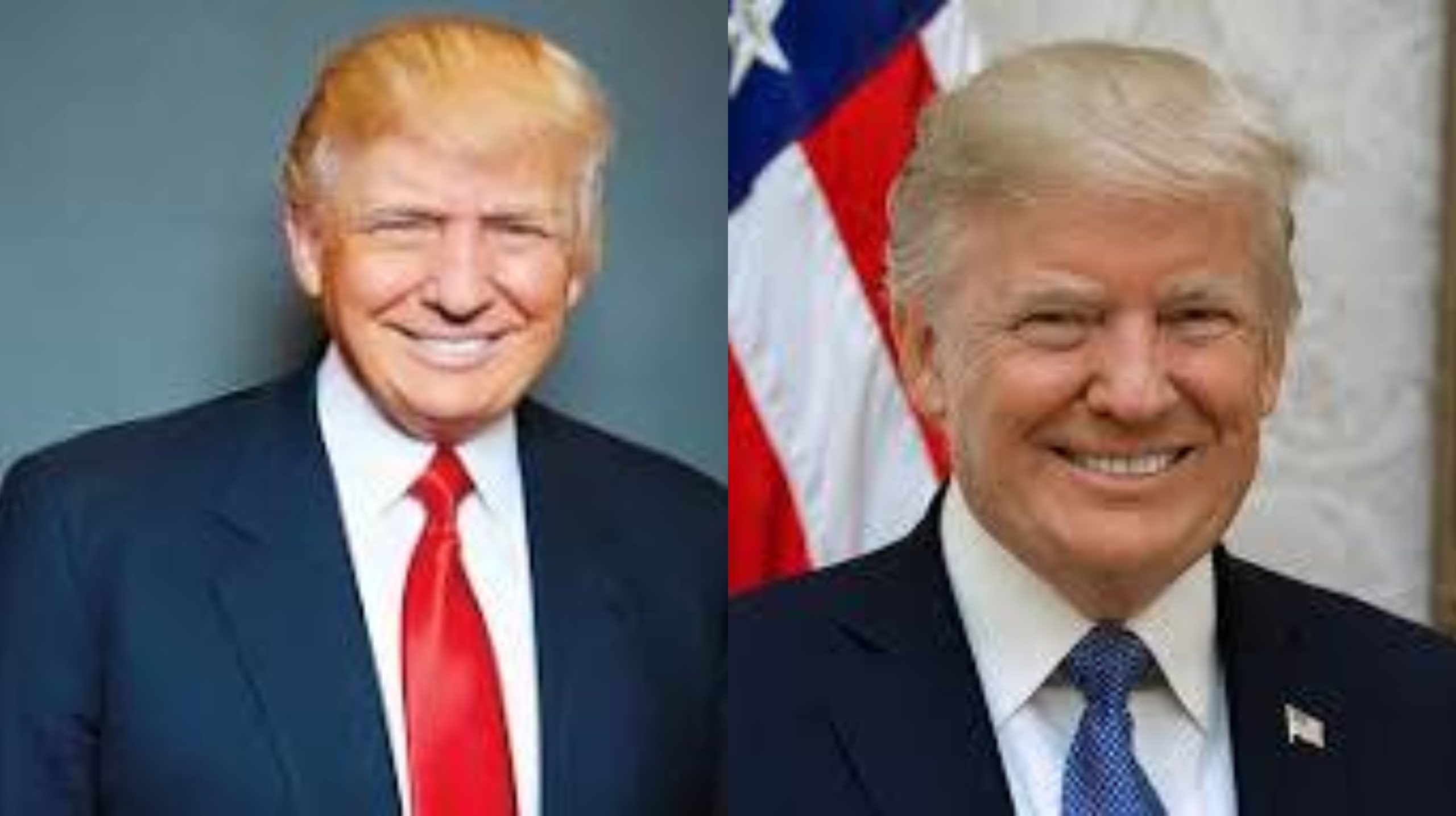
In an increasingly interconnected global economy, international trade is a vital component of national growth, consumer access, and political diplomacy. But what would happen if major global players — namely China, Canada, and a group of African nations — decided to halt trade with the United States? Experts suggest the outcome would send shockwaves through global markets, disrupt supply chains, and trigger serious economic and geopolitical consequences.
China is the U.S.’s largest trading partner in terms of goods, with total trade valued at over $600 billion annually. Canada, the U.S.’s neighbour and closest ally, ranks as the top export market for American goods. Meanwhile, African nations — particularly Nigeria, South Africa, and Kenya — are key suppliers of minerals, oil, and agricultural products, and growing markets for U.S. exports.
If all three blocs were to suddenly cease trade with the U.S., American industries would face severe shortages in everything from electronics and clothing to rare earth minerals and energy supplies. Consumers could see sharp price increases, especially in sectors like technology, automotive, and retail.
“China alone provides a significant portion of the world’s electronics, machinery, and medical equipment,” says trade economist Linda Raymond. “A trade cutoff would not only cripple manufacturing in the U.S., but also affect access to essential goods.”
Similarly, Canada supplies the U.S. with critical resources such as oil, lumber, and agricultural products. A halt in trade would likely result in fuel shortages and price hikes across the board.
African countries, while representing a smaller portion of U.S. trade, are rich in strategic materials like cobalt, lithium, and uranium — all crucial to the tech and energy sectors. A stoppage would increase U.S. reliance on less stable sources, raising both costs and risks.
The move would also alter the global balance of power. With the U.S. isolated from major markets, China and Canada could deepen their economic alliances with Europe, Latin America, and emerging Asian economies. African nations, too, could pivot more toward China, Russia, and other rising powers.
“It would mark a dramatic shift in global trade alignment,” says international relations expert Dr. Karim Doumbia. “The U.S. would lose not only economic ground but also diplomatic leverage.”
While such a scenario remains hypothetical and highly unlikely due to mutual dependencies, it serves as a stark reminder of how fragile global trade relationships can be. A coordinated withdrawal by China, Canada, and African countries would not only harm the U.S. economy, it could reshape the entire global order.





